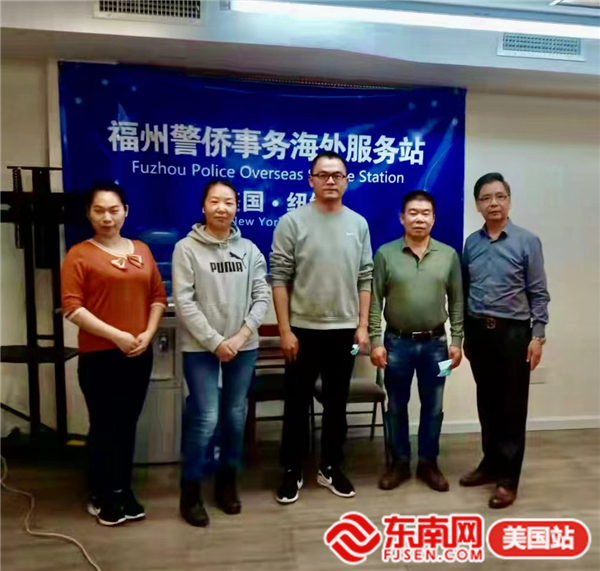
Say “cheese.” Okay, don’t say cheese.
China’s semi-underground police station in New York, set up there by the Fuzhou Public Security Bureau, made headlines last month for good reason. It was completely illegal and was harassing dissidents, as well as chasing actual exiled criminals.
And there are hundreds more across the world.
For an eight-minute explanation of these stations, go here for my interview with Scott Tong on “Here and Now,” the award-winning radio program from National Public Radio and WBUR Boston. They do long-form interviews and dig deeper into contemporary affairs than other such shows, and are worth checking out.
More Details:
The Chinese Communist Party has always been a secretive organization. For their 98 million members, clandestine operations are normal. Even the headquarters building of the party’s all-important Organization Department is unmarked with standard signage.
The party is overly concerned with the slightest opposition, in part because China’s history of revolts and revolutions has many examples of fatal revolts rising from below. Whenever they find organized activity not controlled by themselves, the CCP moves to nip it in the bud. This was true before Xi Jinping rose to lead the party, and will continue after he departs the scene.
This includes Chinese dissent abroad. Party leaders no doubt remember that the father of modern China, Sun Yat-sen, did most of his organizing against the Qing Dynasty overseas before returning when the time was ripe in 1911 – as did Lenin to Russia a few years later.
So it is no surprise that the CCP takes dissent in the U.S. and elsewhere very seriously, even if it seems harmless to their powerful party-state (an important difference in perspective to keep in mind when observing CCP behavior). Thus, they have tasked the Chinese Ministry of Public Security (MPS) to have its subordinate Public Security Bureaus (PSBs) go abroad and tackle dissent, even by isolated individuals.
To be fair, the officers at these “secret police stations” also hunt for actual criminals that have committed fraud or worse. And today’s secret police stations have precedent, as shown by Matt Schrader in his January 2019 China Brief article on “Overseas Chinese Assistance Centers.”
Even older precedent: the openly established police posts in South Africa, set up beginning in 2004 for what appears to be good reasons with the agreement of the host government.
But the problem lies where such stations have been set up in secret, for reasons unacceptable to the host government, violating the 1961 Vienna Convention on Diplomatic Relations.
Research in East Asia
During the entire month of April, I was in Southeast Asia and Northeast Asia conducting research and interviews for the upcoming book. I am writing more about the findings from that trip and will send along links to articles that result.
I was particularly intrigued to find that awareness of Beijing’s worldwide espionage and influence offensive is rising more or less at the same pace overseas as it is in the United States but with less hyperbole.
In the words of Taylor Swift, we all “need to calm down” and focus on the facts.
To subscribe to my newsletter about Chinese espionage, send me an email: matthew.brazil@gmail.com